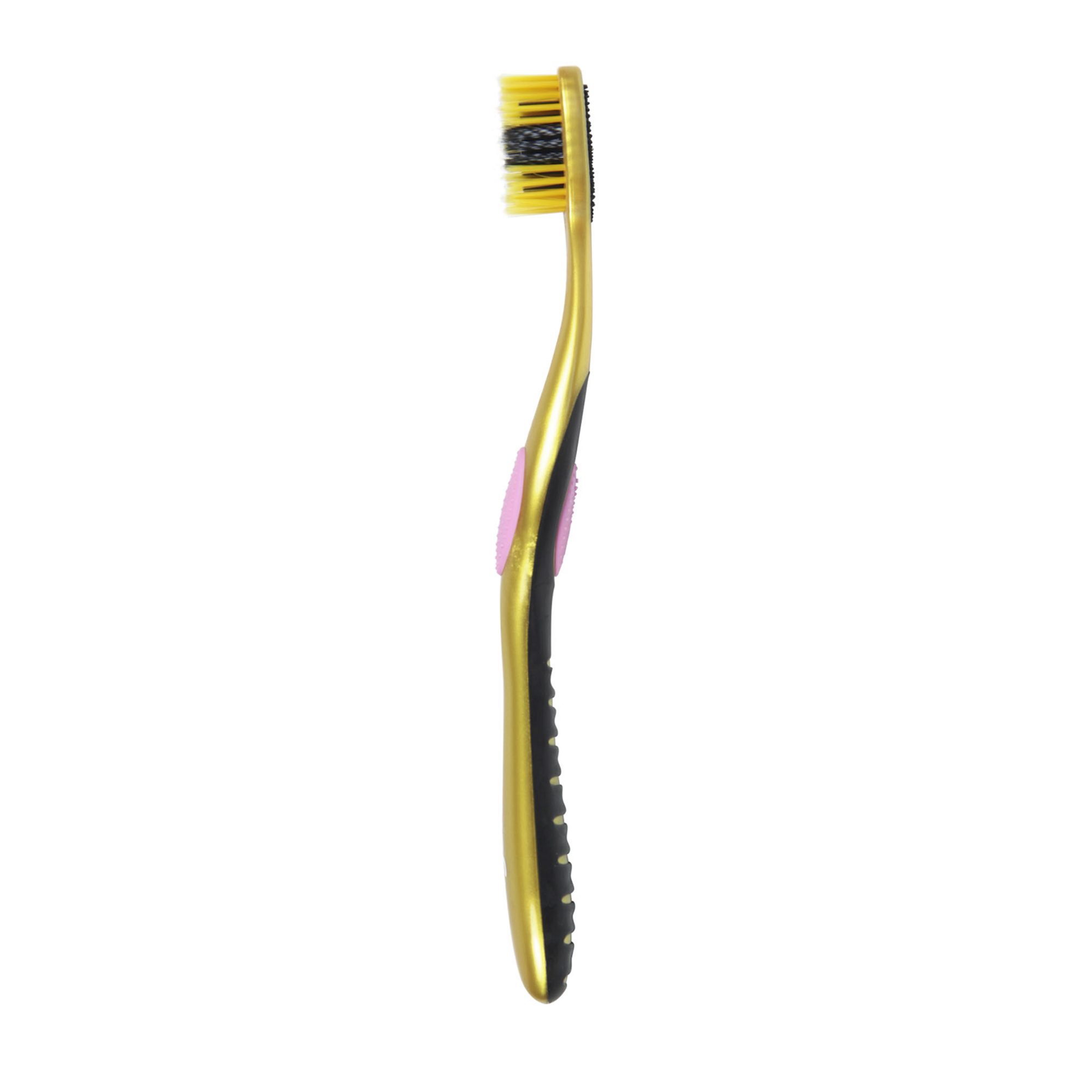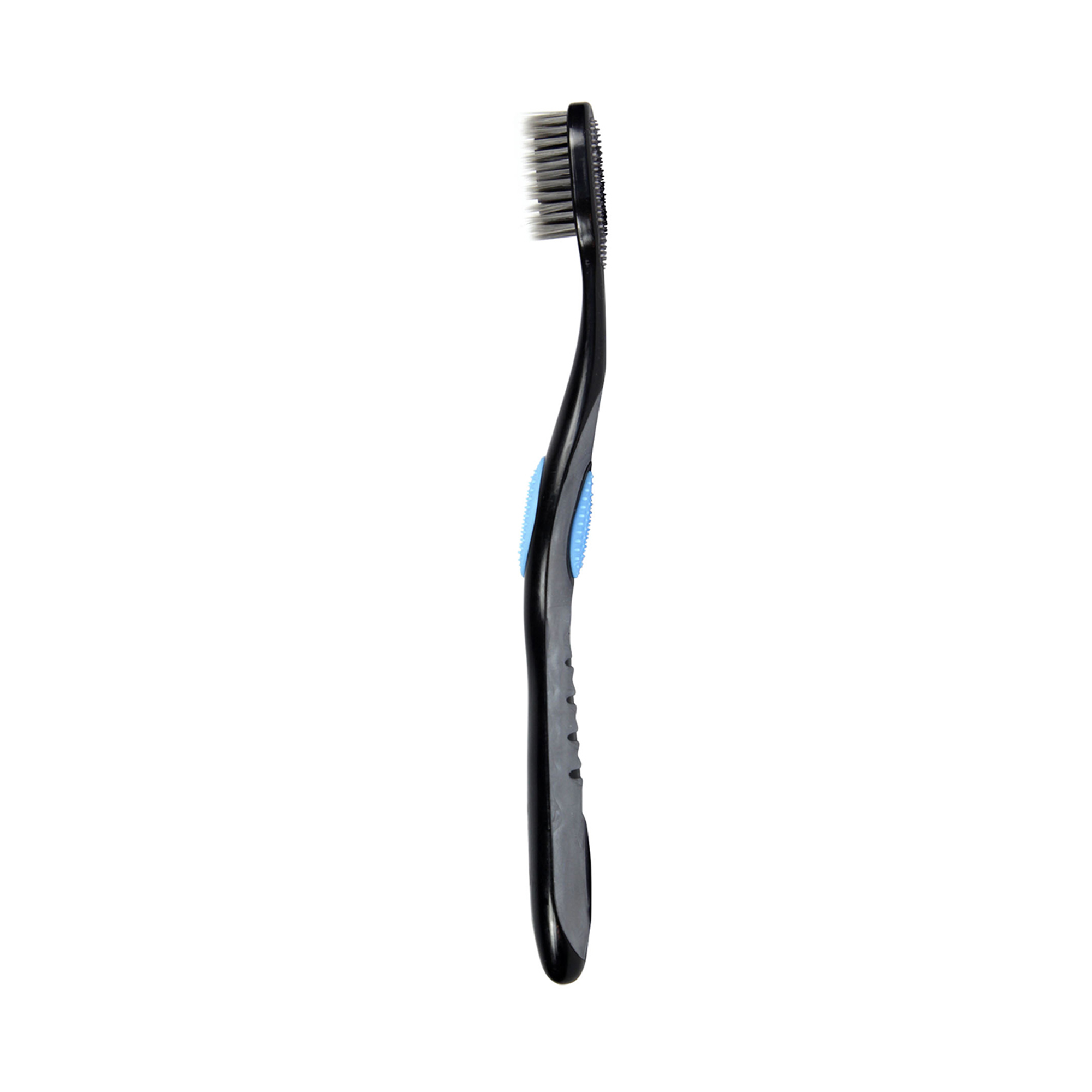Can Oral Health Have an Effect on Pregnancy?
Growing evidence suggests a link between gum disease and premature, underweight births. Pregnant women who have gum disease may be more likely to have a baby that is born too early and too small.
More research is needed to confirm how gum disease affects pregnancy outcomes. But it appears that gum disease triggers increased levels of biological fluids that induce labor. Data also suggests that when gum disease worsens during pregnancy, there's a higher risk of having a premature baby.
What Can I Do to Ensure I Have a Healthy Pregnancy?
The best advice to women considering pregnancy is to visit their dentist for a checkup and to treat any oral problems before becoming pregnant.
During your pregnancy, your teeth and gums need special attention. Regular brushing and flossing, eating a balanced diet and visiting your dentist regularly will help reduce dental problems that accompany pregnancy.
What Oral Problems Might Develop During My Pregnancy?
Studies show that many pregnant women experience pregnancy gingivitis — when dental plaque builds up on the teeth and irritates the gums. Symptoms include red, inflamed and bleeding gums.
Pregnancy gingivitis occurs more frequently during pregnancy because the increased level of hormones exaggerates the way gums react to the irritants in plaque. However, it's still plaque — not hormones — that is the major cause of gingivitis.
Keeping your teeth clean, especially near the gumline, will help dramatically reduce or even prevent gingivitis during your pregnancy. And substituting sweets with more wholesome foods such as cheese, fresh fruits or vegetables is better for your teeth.
What Can I Expect When I Visit My Dentist During My Pregnancy?
First, be sure to let your dentist know you're pregnant when you schedule your appointment. It's best to schedule your dental visit during the fourth to sixth month of your pregnancy. This is because the first three months of pregnancy are thought to be of greatest importance in your child's development. During the last trimester, stresses associated with dental visits can increase the incidence of prenatal complications.
Typically, X-rays, dental anesthetics, pain medications and antibiotics (especially tetracycline) are not prescribed during the first trimester, unless it's absolutely necessary. During the last three months of pregnancy, sitting for long periods of time in the dental chair can become uncomfortable. And there is evidence that pregnant women can be more prone to gagging. Your dentist, however, is prepared for this situation.
If you need to schedule an emergency visit, let the office know about your pregnancy before you arrive. Discuss any stresses, past miscarriages and drugs you are taking as these can all have an influence on how your dentist attends your needs. Your dentist may also want to consult with your physician before any treatment is started.
If you have any doubts or concerns, insist that your dentist and physician discuss your particular needs. If your dentist prescribes medication, do not exceed the prescribed dosage. This includes aspirin.
This article is intended to promote understanding of and knowledge about general oral health topics. It is not intended to be a substitute for professional advice, diagnosis or treatment. Always seek the advice of your dentist or other qualified healthcare provider with any questions you may have regarding a medical condition or treatment.






.jpg)







